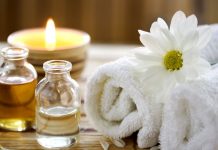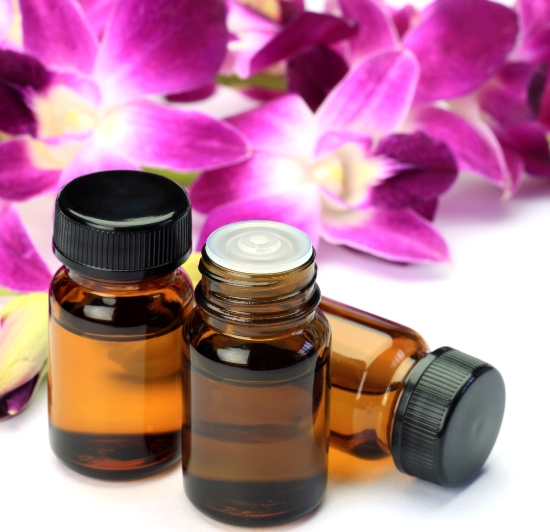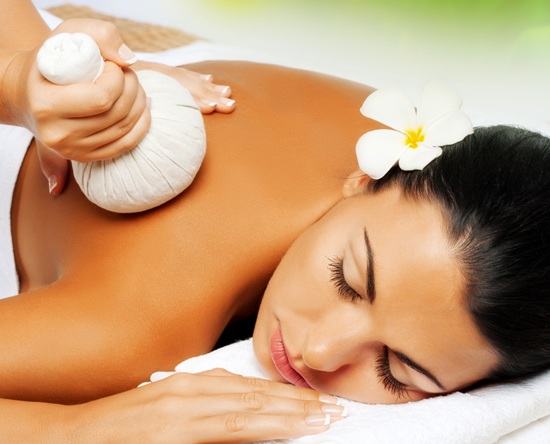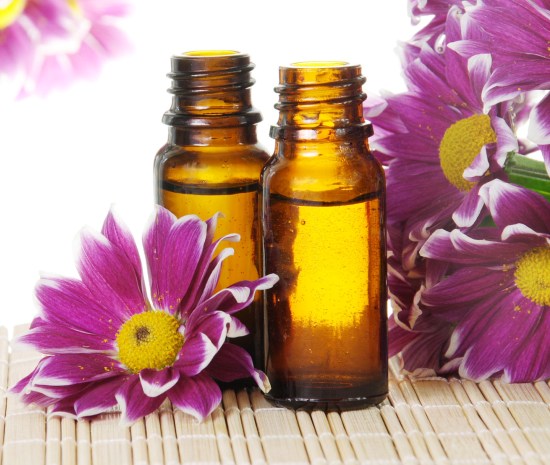Have you ever smelled something that has brought back a powerful memory? Perhaps the scent of cinnamon has aroused memories of your grandmother baking apple pie for the holidays. Maybe the scent of a certain flower reminded you of a special romantic evening. That is the essence of aromatherapy.
Aromatherapy is the technique of using botanical oils to either elicit an emotional response or help facilitate healing in the body. The use of essential plant oils dates back to ancient times. They were used in cosmetics, religious ceremonies and for healing purposes. Today essential oils are part of a formal branch of alternative medicine known as aromatherapy.
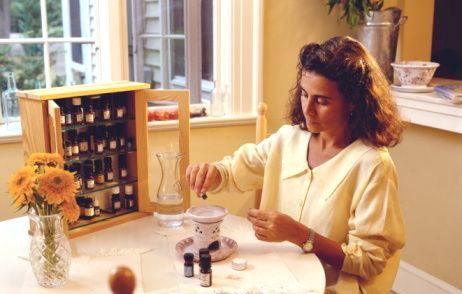 The essential oils themselves are the key to aromatherapy benefits. Not just any aromatic oil can be used. Essential oils are made by first distilling the plant parts, then collecting the small amount of oil left over after distillation. These are called essential oils. They are very volatile, meaning they dissipate quickly. And, they have very low viscosity, meaning they can permeate very small membranes. They are easily absorbed through the skin and can be easily dissipated into the air for therapeutic purposes.
The essential oils themselves are the key to aromatherapy benefits. Not just any aromatic oil can be used. Essential oils are made by first distilling the plant parts, then collecting the small amount of oil left over after distillation. These are called essential oils. They are very volatile, meaning they dissipate quickly. And, they have very low viscosity, meaning they can permeate very small membranes. They are easily absorbed through the skin and can be easily dissipated into the air for therapeutic purposes.
Healing Oils
Aromatherapy today is used primarily for healing purposes. There are many therapeutic applications for essential oils, and each oil is believed to have specific healing properties. Here are a few examples of some common essential oils and their everyday uses:
Basil – Has a mild herbal essence. A natural antidepressant, analgesic and antispasmodic. Used for depression, migraines, PMS, as well as cough and bronchitis.
Bergamot – Considered refreshing and uplifting. It is used for skin conditions such as acne, eczema and boils.
Chamomile – Used to help calm the nerves. Excellent for stress induced insomnia.
Citronella – Used mainly as a natural bug repellent. Has a light citrus scent, which is where its name comes from.
Cedarwood – Has a very “woodsy” scent. Like citronella, can be used as a natural bug repellent.
Eucalyptus – Has a strong menthol scent. It is used to help relieve sinus and chest congestion. May even be added to natural cough syrups.
Fennel – Has a sweet, earthy smell. It is naturally antiseptic and diuretic and good for digestive disorders such as indigestion and GERD.
Frankinsense – Has a sweet, warm scent and is naturally antiseptic, analgesic and anti-inflammatory. It is used to treat depression, nervous tension, heavy periods as well as respiratory conditions such as asthma and bronchitis.
Hyssop – Has a very mild scent. It is naturally expectorant and is one of the best natural cough remedies. Like eucalyptus, it is often included in natural cough syrups.
Jasmine – Has a very powerful floral essence. It is naturally antispasmodic and anti-depressant. It is used for anxiety, depression, headaches and mental tension.
Lavender – Has a very powerful floral essence. It is used for a variety of purposes, including to treat headaches, relieve stress, treat burns and as a natural topical antibiotic.
Lemongrass – A non-citrus plant with a strong lemony smell. An excellent remedy for indigestion as well as colic in infants.
Myrrh – Has a strong musky scent and is naturally astringent and expectorant. It is used mainly for colds and respiratory infections. It should not be used during pregnancy.
Neroli – Smells like orange blossoms. Like other floral essential oils, it is good for anxiety and depression, but also helpful for headaches, insomnia and other nervous conditions.
Peppermint – Of course this essential oil has a very strong minty scent. It is also very versatile oil. It can be used for headaches, fatigue, asthma, bronchitis, indigestion, as well as toothaches.
Rose – A very powerful essential oil. It is naturally sedative, anti-depressant and antispasmodic. It is used for depression, insomnia, PMS, stress and symptoms of aging.
Tea Tree Oil – Has a very medicinal smell. It is naturally antibiotic, anti-viral and anti-fungal. It is used to treat athlete’s foot, colds and flu, fungal infections and warts.
Modern Research
Compared to other areas of alternative medicine, very little scientific research has been conducted in the field of aromatherapy benefits. However, the few studies that have been done are very positive.
In a 1998 study done at the Aberdeen Royal Infirmary in Scotland, 86 patients diagnosed with alopecia, or hair loss, were treated with either a combination of essential oils or a placebo massage oil. 44% of the treated patients showed improvement compared to only 15% of the patients treated with a placebo. Aromatherapy is considered a viable treatment option for patients suffering from alopecia.
Researchers from the Royal Berkshire Hospital found that aromatherapy is helpful for treating anxiety in patients in intensive care. Patients were treated with either massage, aromatherapy or bed rest. They found that patients in the aromatherapy group reported significantly greater improvements in their mood and perceived levels of anxiety compared to the other two groups.
It is well known that aromatherapy can induce relaxation. Now, Dr. Gary Schwartz of Yale University found that the aroma of certain essential oils can actually lower blood pressure. Other studies have shown similar results.
Precautions
Just because something comes from nature, does not always mean it is safe. Most of the essential oils are either inhaled using a room diffuser, or applied topically by mixing with massage oils such as almond oil. In rare instances, some essential oils may be ingested in very small amounts. Certain essential oils should never be taken internally. Check with a natural health care practitioner or trained aromatherapist for proper use of essential oils.
References
1. A World of Aromatherapy – http://www.aworldofaromatherapy.com/essential-oils-atoz.htm
2. Internet Health Library –


